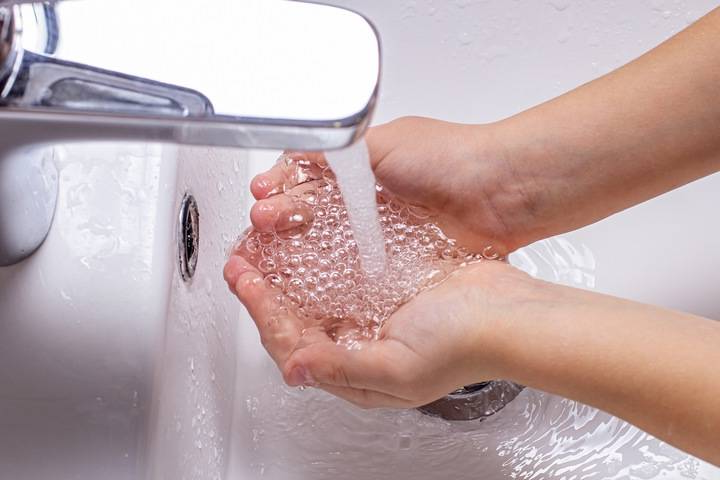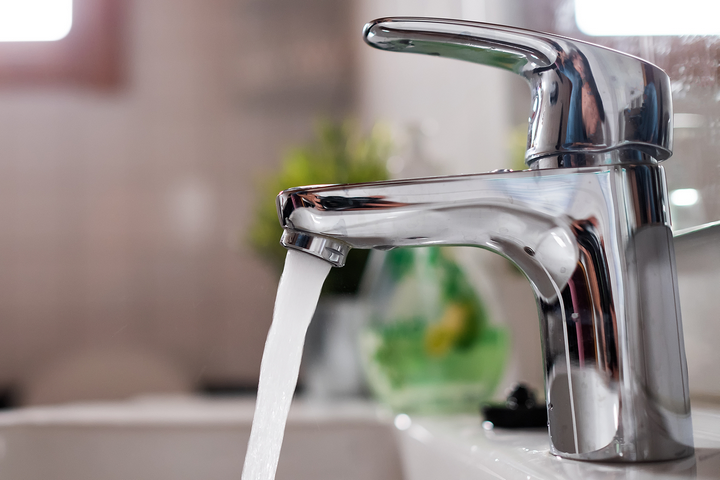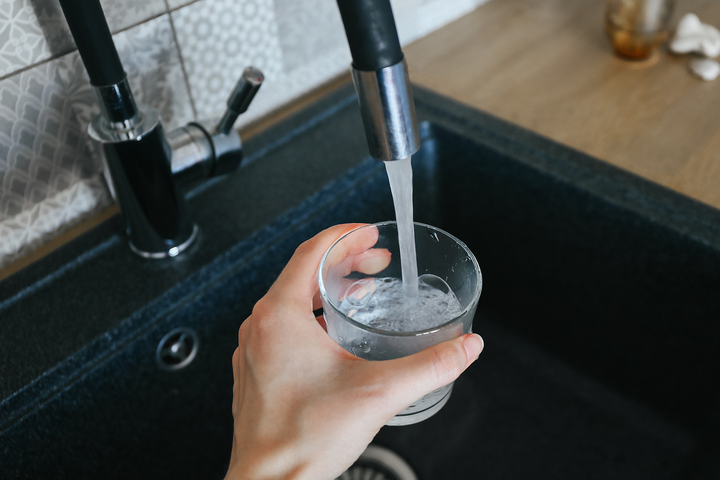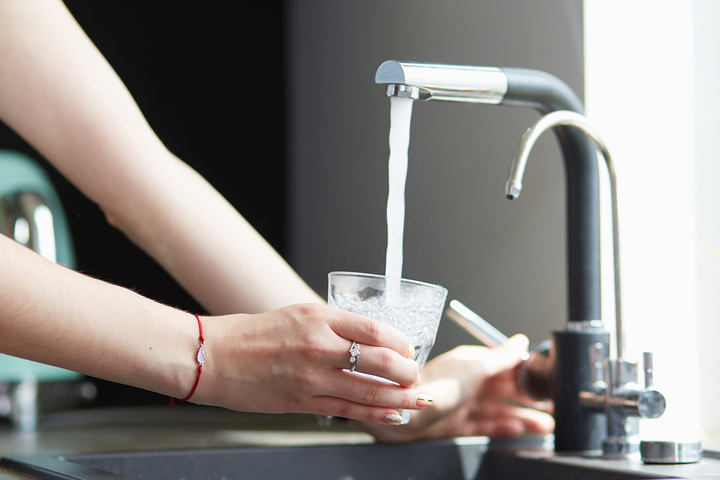Why Is My Sink Water Cloudy?
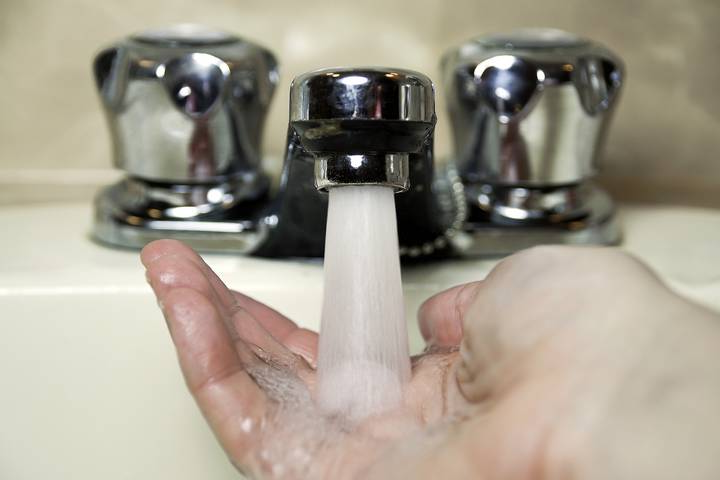
Sink water is supposed to look clear and pristine. The last thing you expect to see is cloudiness in the water. The murky appearance may seem bothersome, making you question its safety and hygiene. The good news is that cloudy sink water does not always signify a health concern. Nonetheless, you should figure out the underlying cause of the misty water in your sinks.
The leading cause of cloudy water from the sink is air bubbles. They occur due to air caught in the water supply lines. Thankfully, it’s a harmless issue. However, cloudy sink water may also come from an old water heater, galvanized pipes, methane gas, or other plumbing concerns. If you can’t diagnose the root cause, you should call a professional plumber to inspect the sink thoroughly.
Are you troubled that your clear sink water looks milky white instead? Here are some possible explanations for the cloudy water from a sink:
Sink bubbling
Air bubbles are the most common cause of cloudy water from a sink. These bubbles are tiny, but many of them can lead your water to appear cloudy. Bubbles occur for a multitude of reasons. Over time, air can get caught inside the water supply lines. When this happens, the air will forcefully wiggle its way out when you turn on the faucet. This reaction results in those tiny bubbles in the sink.
Fortunately, air bubbles are not a significant cause of concern. Test your sink by filling a glass of water and letting it sit for a few minutes. If the opacity dissipates, air bubbles probably cause cloudiness in the water. That means your water should be safe to drink.
Hard water buildup from the sink
Hard water is another common cause of cloudy water from the sink. Hard water occurs when the water supply percolates through minerals like limestone and gypsum. These minerals contain calcium, magnesium sulphates, and bicarbonates. When the water has high mineral content, it can look cloudy.
Hard water is not unsafe to drink. However, it can cause some inconvenience. For one, hard water can make it difficult to lather soap and shampoo. It also causes soap scum to accumulate on your sink and shower faucets, leading to weaker water pressure. For some people, hard water may even cause skin irritation.
Try smelling your sink water. Sometimes, hard water may have a metallic or rotten egg odour when certain minerals are present. White soap scum spots can also be a telltale sign of hard water. Soap scum forms when the soap ingredients react with minerals in hard water. As the water dries on your shower walls or tiles, it leaves behind a stubborn trace of white residue. A solution for hard water buildup is to install a water softener or reverse osmosis system to filter out the minerals.
Old hot water heater
Is your cold sink water clear, but your hot water is murky and cloudy? If that’s the case, your water heater could be the cause. An old water heater may have corrosion, leaving your hot water with a rusty tinge. Check to see if your water heater is rusting on the outside or is over a decade old. Consider calling a plumber for a water heater replacement.
Galvanized pipes
Like an old water heater, galvanized pipes may erode over time. The deterioration causes your sink water to turn cloudy. Galvanized pipes have a protective layer of zinc on the outside, so they corrode from the inside. As that happens, it leaves rusty cloudiness in your water. Galvanized pipes can be a tricky problem to resolve. Consult a plumber to determine if you need to replace your sink pipes.
Total suspended solids in water
Total suspended solids are particles “suspended” in your water. It could be anything from sand to silt to algae. The more solids suspended in the water, the cloudier the water will be. Total suspended solids can be present in your tap water for several reasons. Human activity in rivers can stir up sediments, causing higher total suspended solids downstream. Likewise, erosion may produce higher levels of suspended solids.
Total suspended solids can cause hard water, leading to soap scum and stains. Try installing a water filtration system to get rid of this problem. Alternatively, contact plumbing services for a second opinion.
Methane gas
Do you have your water supply from a well? While it’s unlikely, methane gas may have entered your water supply. Some regions have naturally low levels of dissolved methane in their groundwater. Methane can make the sink water look milky or cloudy.
Signs of water contaminated with high methane levels include white bubbles and water spurting out of the faucet. Low methane levels (under ten parts per million) are safe for consumption, but you should test your water before drinking or bathing. If you’re concerned about methane in your water, contact your local environmental department to determine your next steps.


